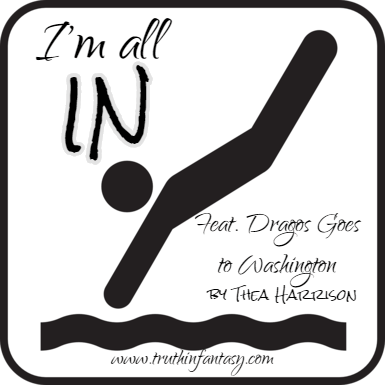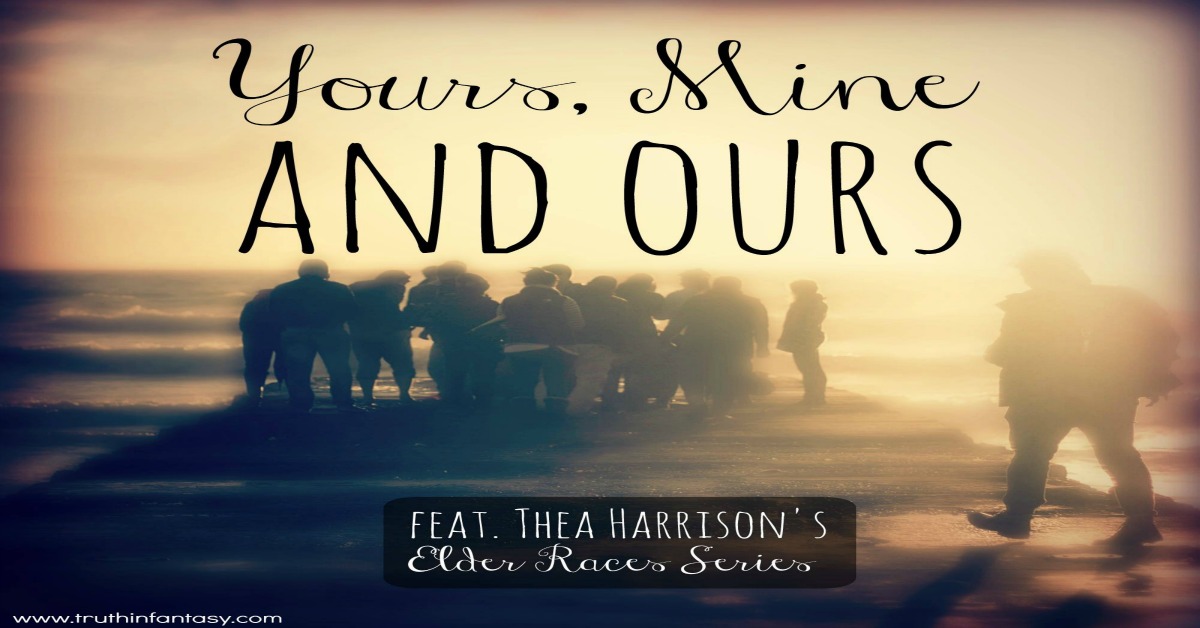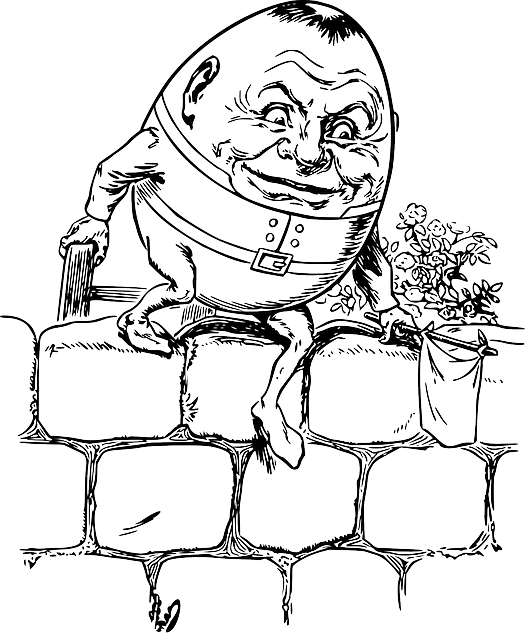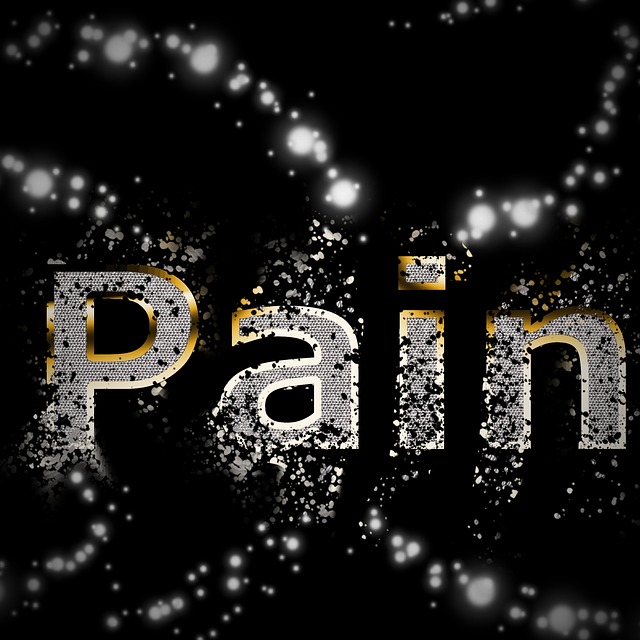The wait is over. Drum roll, please… I’ve picked Thea Harrison's novella, Pia Does Hollywood as the first foray into my new pile of soon-to-be favorite books. I'm reading it slowly, excruciatingly slowly, savoring each sentence and scene so I can prolong the pleasure. Maybe I'll speed up later, but for now, I'm pacing myself. And that’s okay, because even though I’m only a few pages in, I’ve found something that made me stop, think and write. I am indebted to Ms. Harrison for providing access to my Muse. Thank you. Today, I'm thinking about rebellion—of the adolescent variety. In the opening pages of the novella, Pia wonders what will happen when her dragon son, Liam, grows up and decides to challenge his dragon father's authority; what will happen when he inevitably rebels? What would a dragon teenager's insurrection look like? If it's anything like my teenaged son's defiance, hang on to your hat, Pia, it's gonna be a rough ride.
I am the proud mother of fraternal twin boys who will turn 16 later this month. They are both awesome individuals, and they couldn't be more different from each other, which was evident the moment that they entered the world. Our "older" son has been the more cerebral, while his "younger" brother has been historically more athletic, although those roles are now shifting. I've been blessed to be very close to both of them, together and individually, since the day they exited the womb. We’ve shared a relationship based on honesty, trust and a willingness to be imperfect and vulnerable with each other. Their father and I provide guidance and boundaries and serve as role models—hopefully good ones—but we strive to let them make their own choices and then live with the consequences.
And all of this has worked well … for the most part… until recently. Our older son has decided that his personal process of individuation must involve the adoption of views and opinions highly antithetical to those with which he was raised, and, as if this wasn’t enough, there’s a bonus: a heartbreaking rejection of the intimacy we once shared. He has nothing but snark and sullen commentary to offer me, and his tone of voice often earns him punishments for disrespect. Testing limits is part of the individuation process – doing so rudely is unacceptable. I'm sure this all sounds familiar to anyone with a teenager, but it feels so different when it's happening to me in real time.
I believed I was exempt. I believed that because I've always respected my boys as people and not extensions of me and treated them as humans and not babies that our relationship would remain on an even keel throughout the oft-reported rocky road of transitioning to adulthood. I've always been able to talk to my boys about anything and they've always been open—completely—with me. I've never tried to be their friend, as they have plenty of those, but to be the adult they can come to with questions, issues, triumphs and challenges. I've worked to be a safe harbor and safety net, so that they can spread their wings and fly, knowing they have a nest to come home to when they need to rest, recalibrate or crow with pleasure.
I've always shared my values and opinions with my kids, as well as the reasoning behind my views. I've invited them to form their own opinions, and assured them that differences would be celebrated and not discounted. We are different people and we need not agree on anything to remain in a loving, familial relationship. We can fight and disagree and it doesn't impact our underlying bond.
I thought that by giving my children the freedom to be themselves, they would have less need to reject everything I care about. I was wrong. So what does my kid's rebellion look like? Well, he's not a dragon child, so I'm not worried about his losing control and incinerating those who piss him off – that’s a relief. Nor do I fear that he’ll fly away from home to places I can't follow (Pia isn't a dragon and she can't fly). But I do need to worry about a child who espouses interest in nothing but hanging out with his friends and his girlfriend. My son's rebellion is through apathy, sloth and playing the blame game. He's trying on the persona of a man/boy who has more in common with Pierre, who always would say, "I don't care," than with the earnest, hardworking, persistent and focused young man he could be. This drives me insane. His intention, I guess.
With so many problems facing our world, created by my generation for my children's generation to address, there are myriad places to get involved. And yet my son isn't interested in any of them. I guess he figures that others will carry that water for him. And maybe they will. This drives me insane. Our current environmental issues and the vast discrepancies in the distribution of wealth around the world are problems of the collective good; all will benefit from the ameliorating actions of the few. By the same token, all will suffer if no one picks up this particular ball. I had hoped to be raising children who play ball, because their parents do.
And now I'm hoist on my own petard. We've told our kids they can create their own lives, and we need to stick to that. If our son is content to wallow in mediocrity, we've got to stand back and let him. This is hard to do and also drives me insane. And thus, frankly, I'm failing pretty miserably at my stated objective of leaving him to his choices. But every day I get back on that horse, praying that today will be the day I get my beautiful boy back. Because I miss him so very much.
And I find myself wishing that my son was more like Liam, whose childhood has been greatly accelerated by his magical proclivities. I wouldn't have wanted to rush my kids' earlier years, but I'm thinking a smidge of the fast forward button through the teenaged years might be okay – especially about now. I'm told they do leave this phase behind. I'm looking forward to that. In the meantime, my son came over and cuddled a little while I was sitting on the couch, watching his father put lights on the Christmas tree. It was a moment reminiscent of our "old" relationship, made more precious by its rarity at this stage of his development. I'm holding onto it for all I'm worth.



















